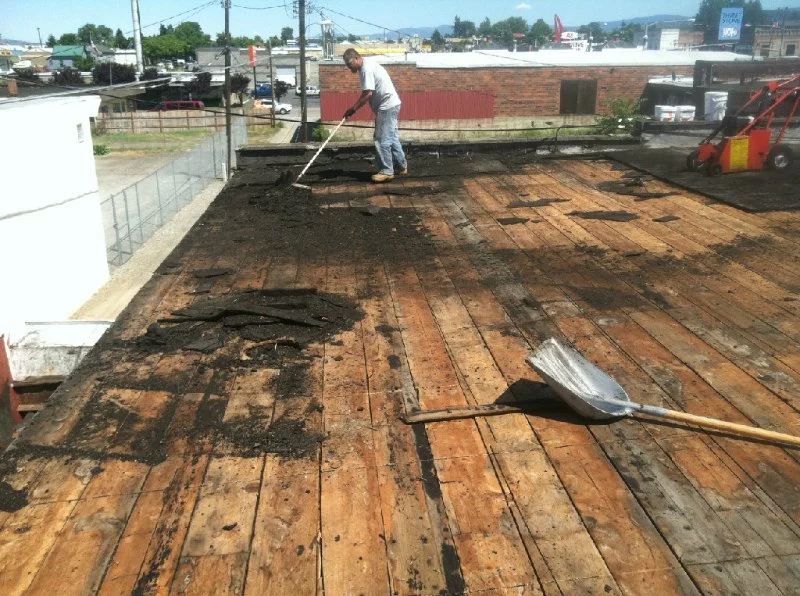
How to Choose a Roofing Material for a Building Exposed to Saltwater Spray
- 1. Understanding the Impact of Saltwater on Roofs
- 2. Key Factors to Consider When Choosing Roofing Materials
- 3. Top Roofing Materials for Buildings Exposed to Saltwater Spray
- 4. Maintenance Tips for Roofs Exposed to Saltwater
- 5. How BeachCo Roofing Hub Can Help You Choose the Best Roof
1. Understanding the Impact of Saltwater on Roofs
Buildings located near coastal areas or exposed to saltwater spray face unique challenges when it comes to roofing. The salty air can have a detrimental effect on many common roofing materials, accelerating wear and tear over time. Saltwater carries high levels of salt and minerals, which can corrode metal roofing, degrade organic materials, and cause deterioration of roofing structures.
Understanding how saltwater affects different materials is the first step in choosing the right roofing solution for your building. The harsh effects of salt exposure can lead to faster corrosion of metal roofs, premature aging of shingles, and increased maintenance costs. By selecting the right roofing material, you can ensure a long-lasting, durable solution for your property.

Infinity Touch General Construction
FreeholdMonmouth CountyNew Jersey
321 Stillwells Corner Rd, Freehold, NJ 07728, USA
2. Key Factors to Consider When Choosing Roofing Materials
When selecting a roofing material for a building exposed to saltwater spray, several key factors must be taken into account to ensure longevity and effectiveness:
1. Corrosion Resistance
Corrosion is one of the most significant concerns for roofs exposed to saltwater spray. Roofing materials such as steel, aluminum, and copper are highly susceptible to rust and corrosion. Therefore, it’s crucial to choose materials that are naturally resistant to salt corrosion or have special coatings to protect against it.
2. Durability and Lifespan
Saltwater can dramatically shorten the lifespan of roofing materials, so selecting a material that is durable enough to withstand exposure to the elements is important. Opting for materials that are known for their long-lasting qualities, such as synthetic options or durable metal coatings, is crucial to avoid frequent roof replacements.
3. Maintenance Requirements
Roofing materials that are exposed to saltwater typically require more frequent maintenance to keep them in optimal condition. Materials with lower maintenance needs and the ability to withstand harsh weather conditions are ideal for coastal environments. Be sure to assess the long-term maintenance costs and requirements before choosing a roofing material.
4. Aesthetic Appeal
While functionality is key, it’s also important to choose a roofing material that complements the aesthetic of your building. Some materials may provide a sleek, modern look, while others are better suited for more traditional or rustic styles. Consider how the roofing material will fit with the overall design of your home or building.
3. Top Roofing Materials for Buildings Exposed to Saltwater Spray
Now that you understand the factors to consider, let's take a closer look at some of the best roofing materials for buildings exposed to saltwater spray:
1. Metal Roofing (Aluminum and Stainless Steel)
Metal roofing, particularly aluminum and stainless steel, is often the best option for buildings near saltwater. These materials are naturally resistant to rust and corrosion, making them ideal for coastal areas. Aluminum, in particular, offers excellent corrosion resistance due to its natural oxide layer, which prevents damage from salt exposure. Stainless steel also provides a durable and resistant option for roofing, though it may come at a higher cost.
2. Synthetic Roofing Materials (PVC and TPO)
Synthetic materials like PVC (Polyvinyl Chloride) and TPO (Thermoplastic Olefin) are also excellent choices for saltwater-exposed roofs. These materials are resistant to corrosion, durable, and lightweight, making them an excellent alternative to traditional materials. They are particularly suitable for flat or low-slope roofs, providing reliable protection against the elements without the same maintenance requirements as metal roofing.
3. Modified Bitumen
Modified bitumen roofing is a durable, weather-resistant material that is often used for flat or low-slope roofs. It combines traditional asphalt roofing with rubber and plastic modifiers to create a strong, flexible roofing option that can withstand coastal weather conditions. Modified bitumen is resistant to saltwater damage and provides a reliable, long-lasting solution for buildings near the ocean.
4. Concrete and Clay Tiles
Concrete and clay tiles are excellent options for coastal buildings due to their durability and resistance to saltwater exposure. These materials are highly weather-resistant and can withstand harsh environmental conditions without deteriorating. Additionally, they offer a classic aesthetic that suits many architectural styles. However, they may require additional structural support due to their weight, so it's essential to consult with a roofing professional before choosing this material.
4. Maintenance Tips for Roofs Exposed to Saltwater
Even the most durable roofing materials require some maintenance to ensure their longevity, especially when exposed to saltwater. Here are a few tips to keep your roof in excellent condition:
1. Regular Cleaning
Salt buildup can accumulate on your roof, causing corrosion and wear. Regularly cleaning your roof, particularly after storms or during the warmer months, helps to prevent this. A gentle rinse with water can remove salt residues and debris, ensuring that your roof remains clean and functional.
2. Inspect for Damage
Regular roof inspections are essential to identify any signs of damage or wear from saltwater exposure. Look for rust spots, cracked tiles, or areas where the material has weakened. Early detection of issues allows for prompt repairs, preventing further damage.
3. Re-coat and Seal
Many roofing materials, particularly metal roofs, benefit from periodic re-coating or sealing. Applying a protective coating can help extend the lifespan of your roof by providing an additional layer of defense against corrosion and environmental damage.
5. How BeachCo Roofing Hub Can Help You Choose the Best Roof
At BeachCo Roofing Hub, we understand the unique challenges faced by buildings exposed to saltwater spray. Our platform provides expert recommendations and insights into the best roofing materials for coastal properties. Whether you’re looking for a durable metal roof, a lightweight synthetic option, or a classic tile roof, we can guide you in choosing the right material that fits your needs and budget.
Visit BeachCo Roofing Hub today to explore top-rated roofing products, professional services, and more to protect your building from the elements!

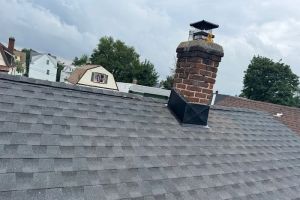
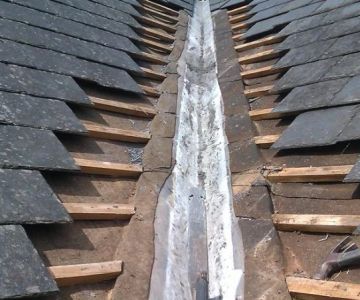
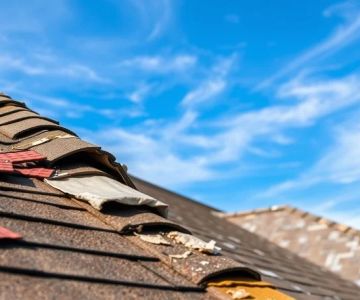
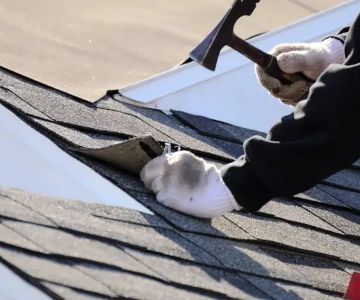

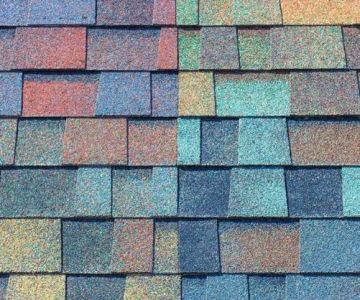
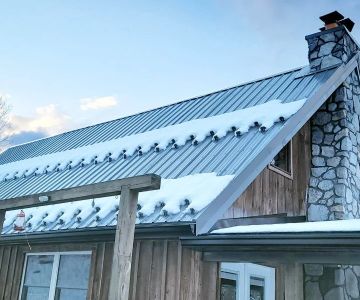
 King Quality Roofing and Siding5.0 (187 reviews)
King Quality Roofing and Siding5.0 (187 reviews) Legacy Service USA LLC1.0 (5 reviews)
Legacy Service USA LLC1.0 (5 reviews) Tri-State Construction Co5.0 (244 reviews)
Tri-State Construction Co5.0 (244 reviews) Slate Roof Repair LLC5.0 (78 reviews)
Slate Roof Repair LLC5.0 (78 reviews)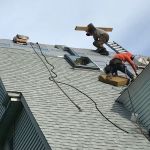 MR. ROOF. INC4.0 (184 reviews)
MR. ROOF. INC4.0 (184 reviews)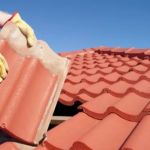 H w Acker Roofing5.0 (1 reviews)
H w Acker Roofing5.0 (1 reviews) How to Choose a Roofing Contractor with Good Reviews and BBB Rating
How to Choose a Roofing Contractor with Good Reviews and BBB Rating What is a Roofing Project Completion Certificate? For Insurance and Records
What is a Roofing Project Completion Certificate? For Insurance and Records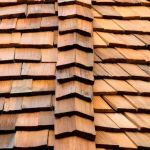 The Best Roofing Materials for a Heritage Home in a Historic District
The Best Roofing Materials for a Heritage Home in a Historic District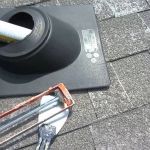 How to Replace a Roof Vent Pipe Boot: A Common Source of Leaks
How to Replace a Roof Vent Pipe Boot: A Common Source of Leaks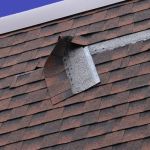 How to Prevent Roof Damage from Improper Storage of Materials
How to Prevent Roof Damage from Improper Storage of Materials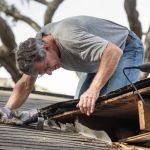 How Much Does It Cost to Repair a Roof Leak Around a Vent Pipe?
How Much Does It Cost to Repair a Roof Leak Around a Vent Pipe?